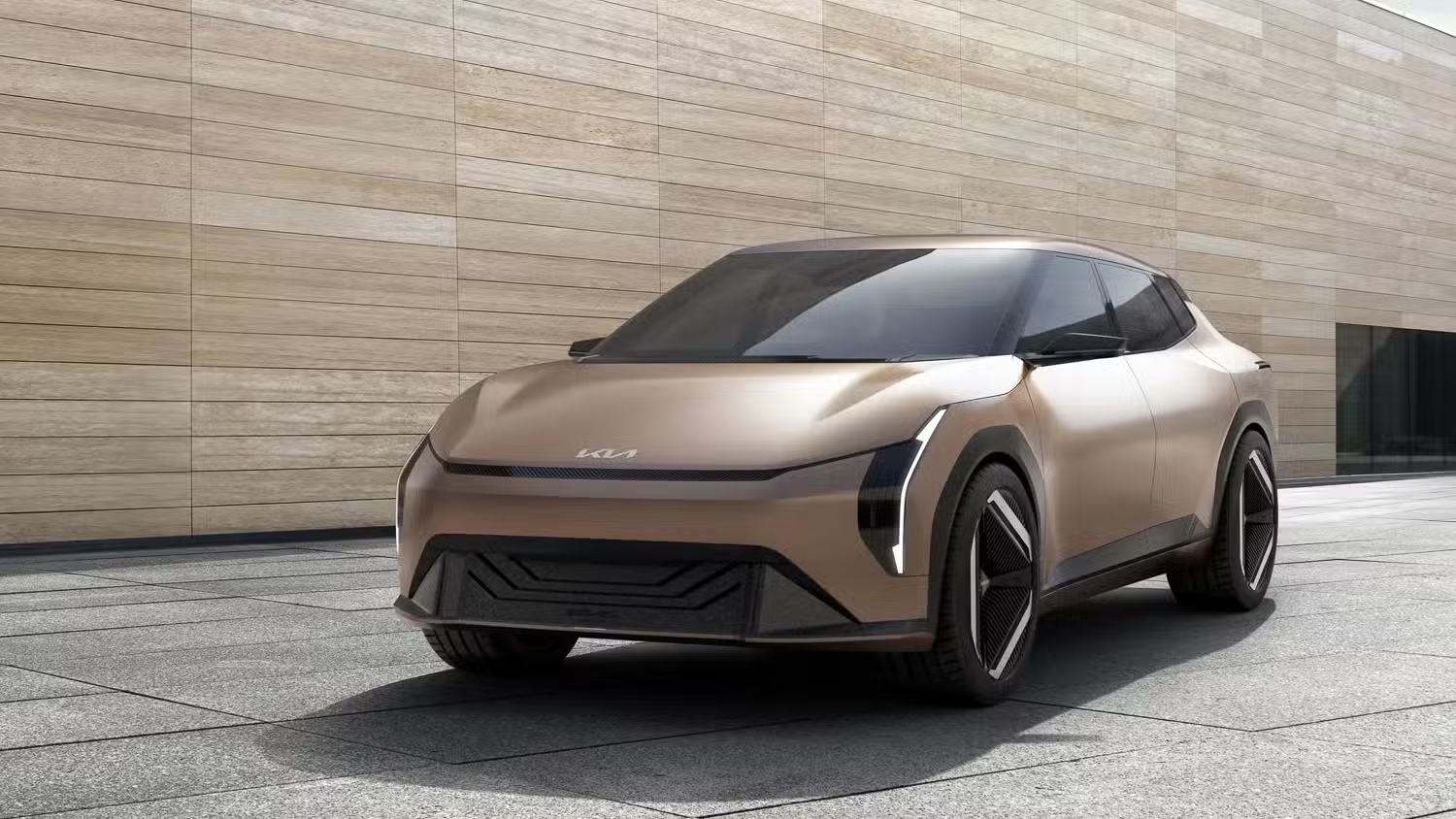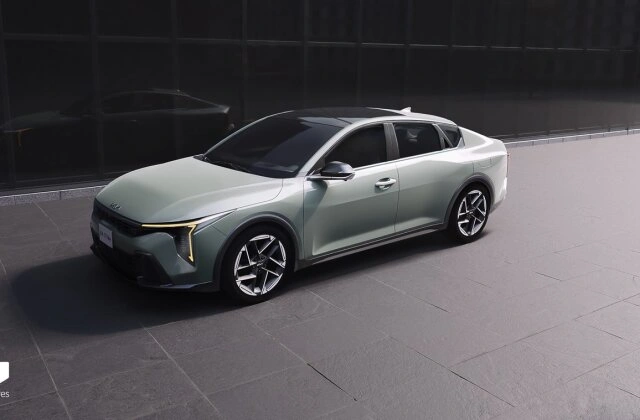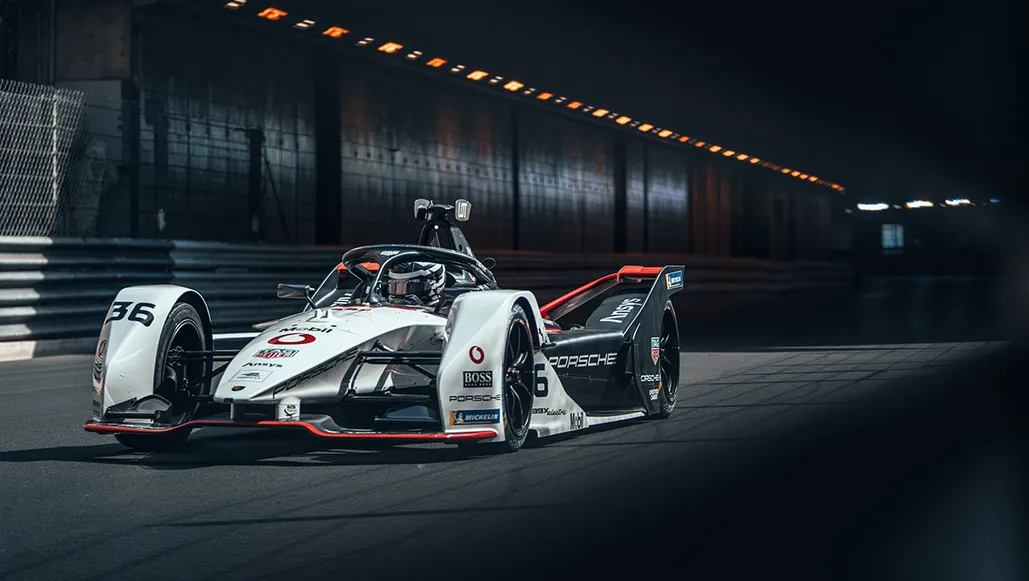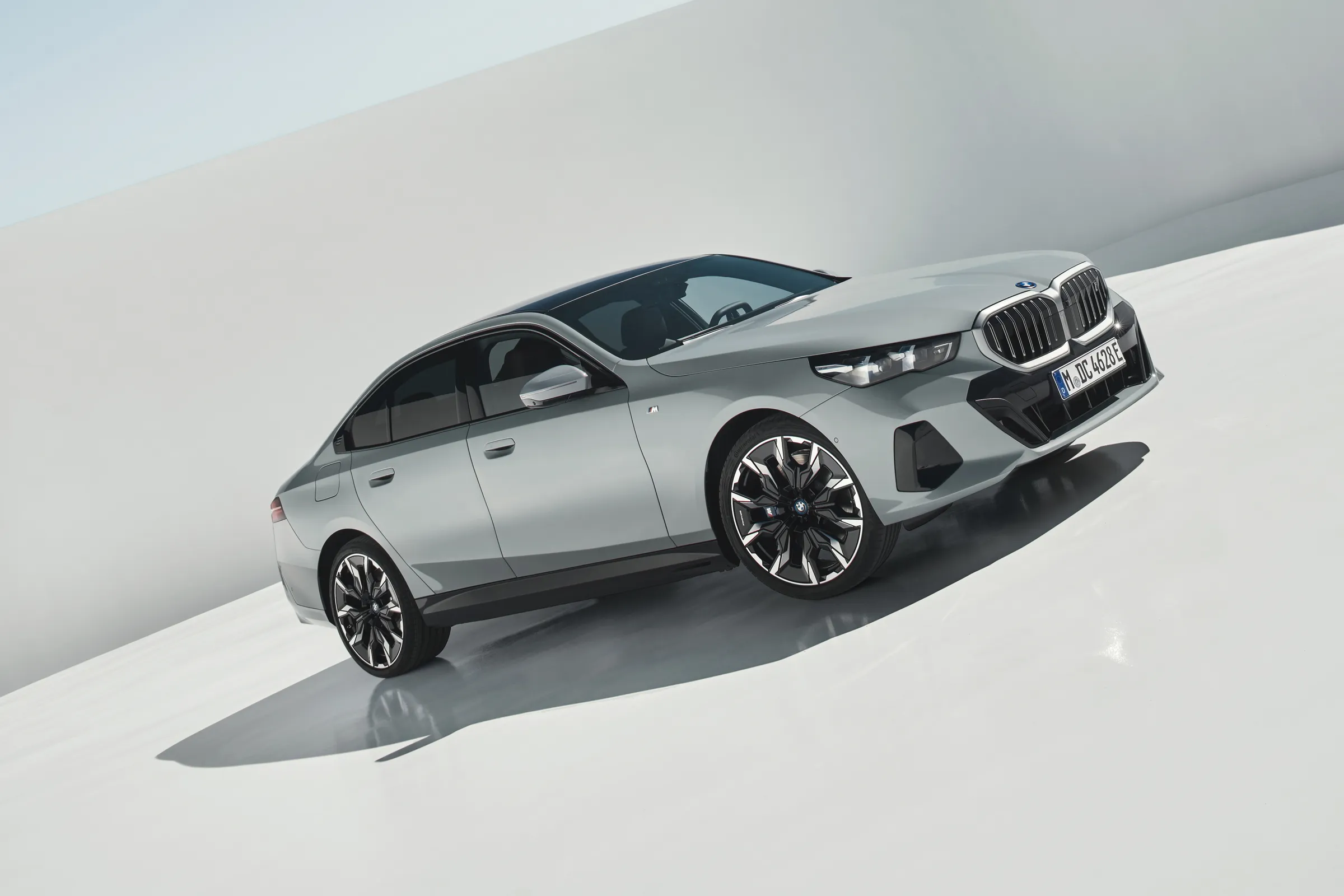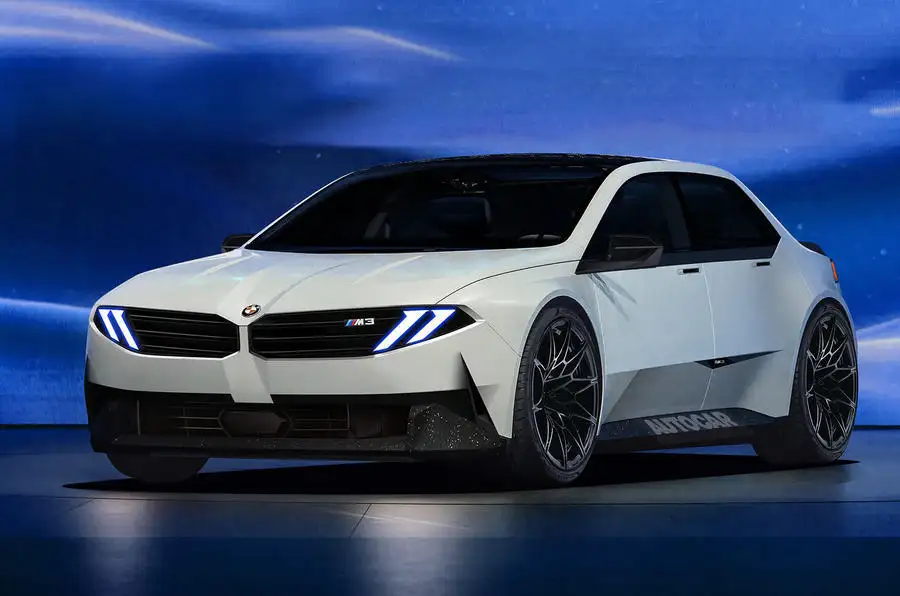In the realm of automotive industry analysis, VFACTS stands tall as a crucial source of data and insights. Originating in Australia, VFACTS (Vehicle Sales Data) provides comprehensive information on vehicle sales, offering invaluable insights into consumer preferences and market trends.
Overview of Electric Vehicles (EVs) in Australia
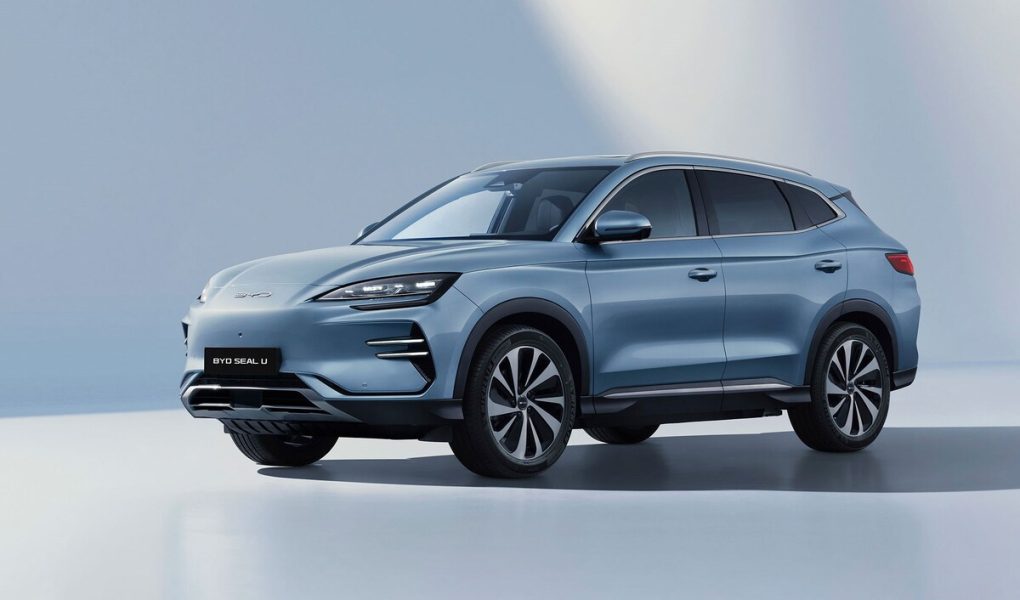
The Australian automotive landscape has witnessed a notable shift towards sustainable transportation, exemplified by the growing adoption of Electric Vehicles (EVs). As concerns regarding climate change intensify, consumers are increasingly drawn towards eco-friendly alternatives, making EVs an attractive option.
Growth of EV Market in Australia
Over the past decade, the EV market in Australia has experienced significant growth, fueled by factors such as environmental consciousness, technological advancements, and government incentives. This surge in demand has propelled Australia into the forefront of the global EV revolution.
Importance of VFACTS Data
Amidst this burgeoning EV landscape, VFACTS data emerges as a beacon of clarity, offering precise insights into the performance and popularity of various EV models. By analyzing VFACTS reports, stakeholders gain valuable intelligence to guide their strategic decisions in the dynamic automotive market.
Top-Selling EVs in Australia in 2024

As of 2024, several Electric Vehicle models have emerged as frontrunners in the Australian market, captivating consumers with their innovative designs and eco-friendly features. Let's delve into the top-selling EVs of the year:
Tesla Model 3
Renowned for its sleek design, cutting-edge technology, and impressive range, the Tesla Model 3 continues to dominate the Australian EV market. With its unrivaled performance and brand reputation, the Model 3 remains a coveted choice among environmentally-conscious consumers.
Nissan Leaf
The Nissan Leaf stands as a pioneer in the realm of mass-market Electric Vehicles, offering affordability without compromising on quality. Boasting a comfortable interior, ample cargo space, and advanced safety features, the Leaf appeals to a diverse range of Australian drivers.
Hyundai Kona Electric
Combining stylish aesthetics with exceptional efficiency, the Hyundai Kona Electric has carved a niche for itself in the competitive EV landscape. With an impressive range and rapid charging capabilities, the Kona Electric exemplifies Hyundai's commitment to sustainable mobility.
Audi e-tron
As a testament to Audi's commitment to innovation, the e-tron represents the pinnacle of luxury Electric Vehicles. Boasting opulent interiors, cutting-edge technology, and unparalleled performance, the e-tron offers a seamless blend of style and sustainability.
Volkswagen ID.4
The Volkswagen ID.4 emerges as a versatile Electric SUV, catering to the diverse needs of Australian drivers. With its spacious interior, intuitive infotainment system, and robust build quality, the ID.4 embodies Volkswagen's vision for the future of mobility.
Comparison of Top-Selling EVs

To assist consumers in making informed decisions, let's compare the top-selling EVs based on key metrics:
Price Range
- Tesla Model 3: Starting at $X
- Nissan Leaf: Starting at $X
- Hyundai Kona Electric: Starting at $X
- Audi e-tron: Starting at $X
- Volkswagen ID.4: Starting at $X
Range per Charge
- Tesla Model 3: Up to X miles
- Nissan Leaf: Up to X miles
- Hyundai Kona Electric: Up to X miles
- Audi e-tron: Up to X miles
- Volkswagen ID.4: Up to X miles
Features and Specifications
- Tesla Model 3: [List of features]
- Nissan Leaf: [List of features]
- Hyundai Kona Electric: [List of features]
- Audi e-tron: [List of features]
- Volkswagen ID.4: [List of features]
Factors Driving EV Sales in Australia
The surge in EV adoption across Australia can be attributed to various factors, including:
Environmental Concerns
With growing awareness about climate change, consumers are increasingly inclined towards sustainable transportation options, driving the demand for Electric Vehicles.
Government Incentives
Government initiatives such as rebates, tax incentives, and infrastructure development projects have incentivized consumers to transition towards Electric Vehicles, accelerating market growth.
Advancements in EV Technology
Technological innovations in battery efficiency, charging infrastructure, and vehicle performance have significantly enhanced the appeal of Electric Vehicles, making them a viable alternative to traditional combustion engines.
Challenges Faced by the EV Market in Australia
Despite the promising growth trajectory, the EV market in Australia encounters several challenges, including:
Infrastructure Limitations
The lack of widespread charging infrastructure remains a significant barrier to EV adoption, particularly in regional areas where charging stations are sparse.
Range Anxiety
Concerns regarding the limited range of Electric Vehicles and the availability of charging stations contribute to "range anxiety" among consumers, hindering widespread adoption.
Cost of EV Ownership
While the long-term cost savings of Electric Vehicles are undeniable, the initial purchase price and maintenance expenses may deter some consumers from making the switch.
Future Outlook for EVs in Australia
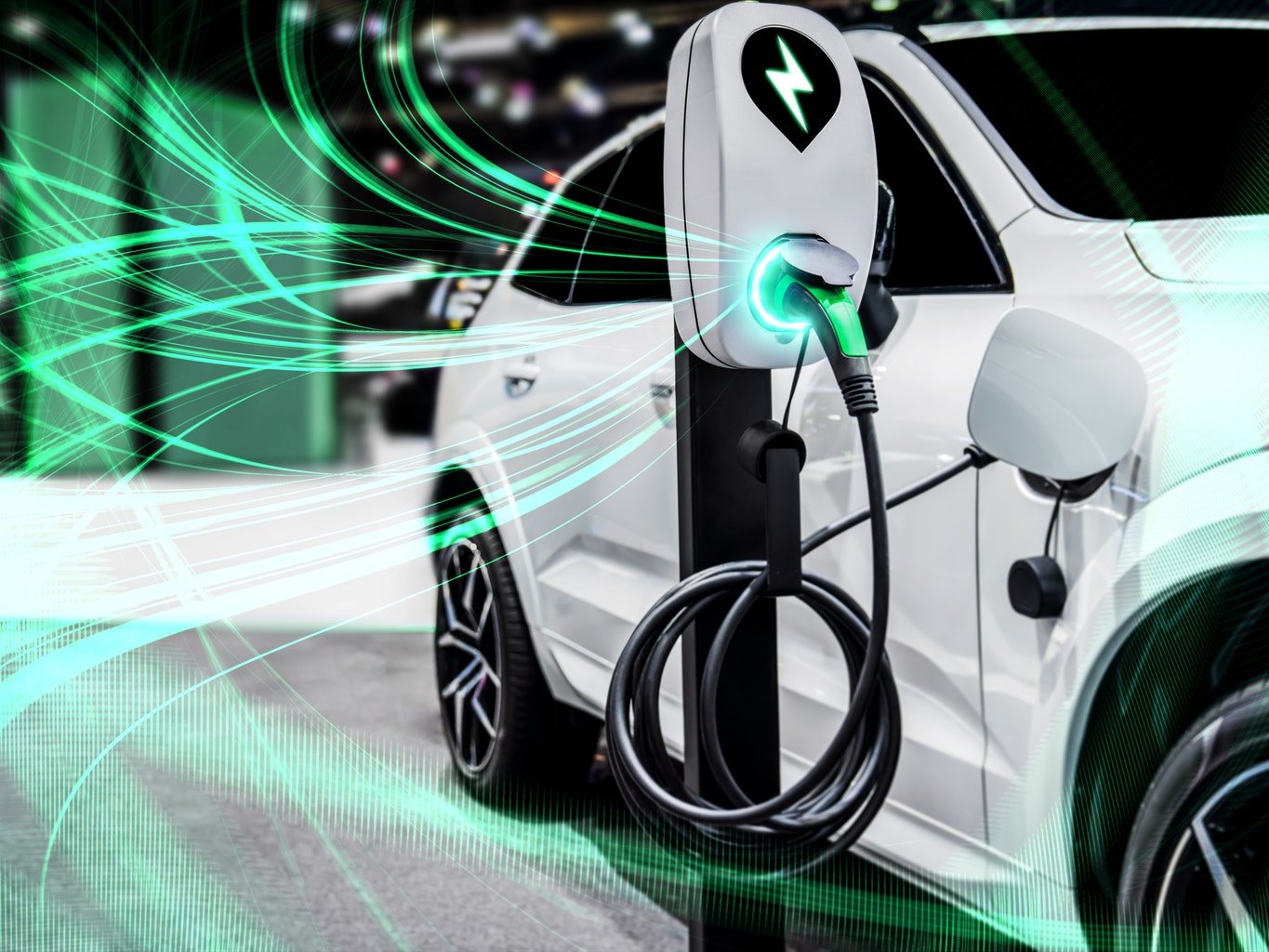
Looking ahead, the future of Electric Vehicles in Australia appears promising, with projections indicating continued growth and innovation. Key developments to anticipate include:
Predictions for EV Sales Growth
Analysts forecast a steady increase in Electric Vehicle sales, driven by advancements in technology, expanding infrastructure, and shifting consumer preferences.
Potential Advancements in Technology
Continued research and development efforts are expected to yield breakthroughs in battery technology, enhancing the range, performance, and affordability of Electric Vehicles.
Infrastructure Development Plans
Government and industry initiatives aimed at bolstering charging infrastructure are poised to address the accessibility challenges associated with Electric Vehicle ownership, facilitating widespread adoption.
Conclusion
As Australia embraces the transition towards sustainable transportation, Electric Vehicles emerge as a cornerstone of the automotive industry's evolution. With an array of top-selling models catering to diverse consumer preferences, the future looks bright for Electric Vehicles in Australia.
FAQs
Q. Are Electric Vehicles suitable for long-distance travel in Australia?
Ans: While Electric Vehicles offer ample range for most daily commutes, long-distance travel may require careful planning to ensure access to charging stations along the route.
Q. How do Electric Vehicles compare to traditional petrol or diesel vehicles in terms of performance?
Ans: Electric Vehicles are known for their instant torque and smooth acceleration, offering a thrilling driving experience compared to traditional combustion engines.
Q. What incentives are available for purchasing Electric Vehicles in Australia?
Ans: Depending on the state or territory, incentives such as rebates, subsidies, and reduced registration fees may be available to Electric Vehicle owners.
Q. How long does it take to charge an Electric Vehicle?
Ans: Charging times vary depending on the vehicle and the charging infrastructure used. Generally, rapid chargers can replenish a significant portion of the battery in under an hour, while slower chargers may take several hours for a full charge.
Q. Are Electric Vehicles more expensive to maintain than traditional vehicles?
Ans: Electric Vehicles typically have fewer moving parts and require less maintenance compared to traditional vehicles, resulting in lower long-term maintenance costs.
